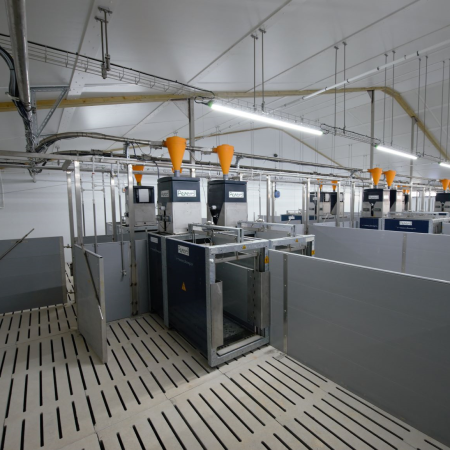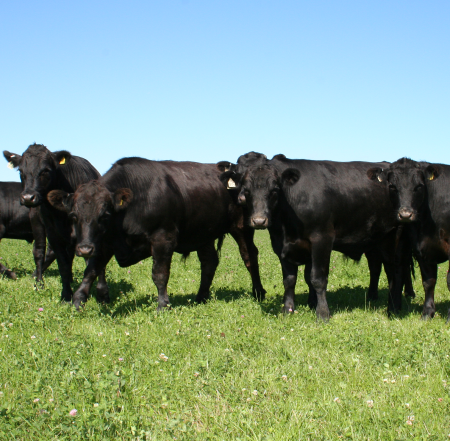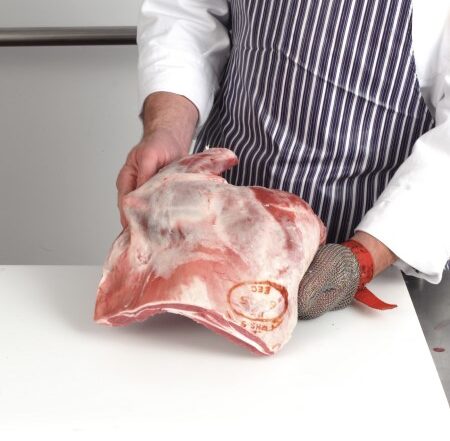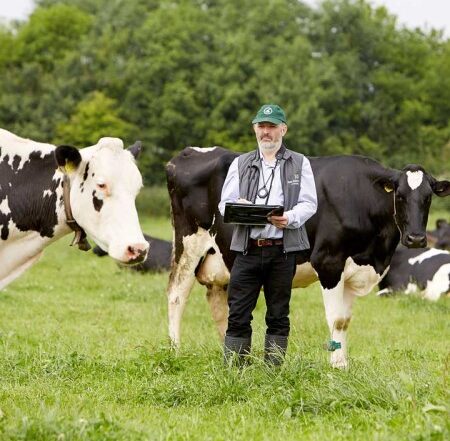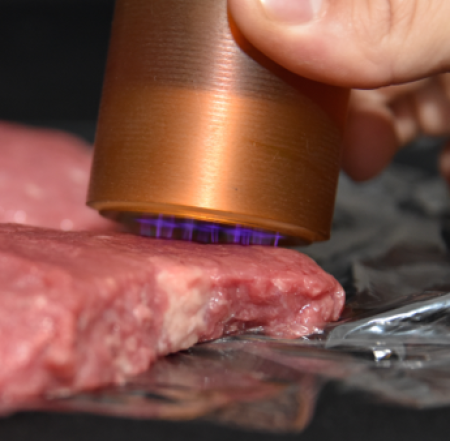CIEL | Case Study: Field trial of novel vaccine for porcine ileitis
Genetics | Reproduction | Behaviour | Nutrition | Health & Welfare | Productivity | Food Integrity | Environmental Impact
Challenge
Porcine proliferative enteropathy (PPE), commonly referred to as ileitis, is an extremely common endemic disease in pig production. World-wide in its distribution, ileitis can have a serious effect on animal health and performance including variations in weight gain, reduced feed efficiency, poorer grading and impaired gut function. Economic costs are high, causing estimated losses of between £10 – 25 million to the UK pig industry each year. Eradication has proved difficult within commercial herds and control is based on medication, management changes, biosecurity, and vaccination.
Action
A leading animal health company utilised the unique research capability offered by the National Pig Centre to test the efficacy of a novel vaccine to support the control of ileitis in pigs. Co-developed by CIEL and the University of Leeds, the National Pig Centre is the UK’s largest and most advanced facility for research into pig health, welfare, nutrition and behaviour. Housing both indoor and outdoor research pig herds on a commercial scale, the capability allows for comparisons across production systems to support all UK pig production. Product trials to test and compare treatments of the novel vaccine are being carried out within the NPC’s indoor facility which features start-of-the-art instrumentation to monitor individual feed intake, feed efficiency, and physiological, environmental, health, behaviour and welfare parameters. Automated monitoring of each animal’s feed intake and weight as part of the vaccine studies enables daily growth measurements to be captured in real-time. Remote data collection also minimises stress on the animals, delivering results without comprising welfare.
Impact
The vaccine trialled will be the first to be administered intramuscular, offering the security of ensuring all animals receive an accurate dose. As it is an inactivated vaccine, existing medication that may be in use on-farm will not interfere with vaccine efficacy. With the added pressure to reduce antibiotic usage, coupled with the high prevalence of ileitis, this is a disease where prevention, as opposed to treatment, becomes a key issue. Additionally, over and above the important economic benefits the vaccine could offer pig producers, it could significantly improve the health and welfare of pig herds world-wide.
Co-developed by CIEL and the University of Leeds, the National Pig Centre is the UK’s largest and most advanced facility for research into pig health, welfare, nutrition and behaviour.
